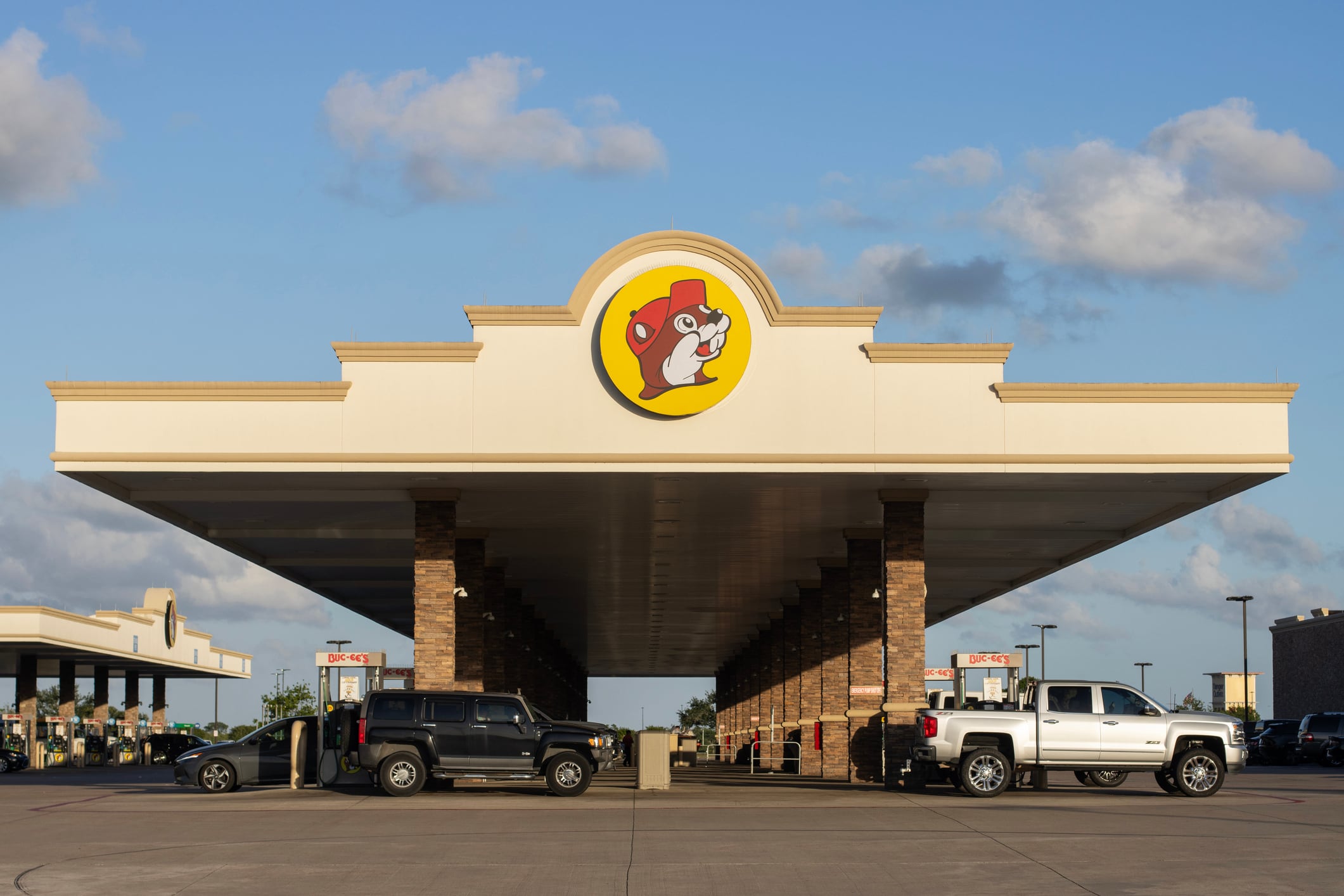Convenience stores are evolving into food destinations for consumers enticed by expanded and elevated “grab-and-go” options, according to a report from CoBank earlier this year.
Foot traffic into convenience stores has increased nearly 59% since January 2021, with year-over-year visits rising every month since February 2024, per Placer.ai. Convenience stores registered record sales in 2023, according to the National Association of Convenience Stores (NACS). NACS includes more than 152,255 c-stores across the US, with most stores also selling gasoline. Approximately 80% of the fuel purchased in the US is purchased at c-stores. This makes them natural places to grab snacks for commutes and road trips.
When it comes to c-store food and beverage purchases, customers tend to impulse buy to satisfy specific needs and cravings, Kathy Risch SVP, shopper insights and thought leadership, Acosta Group, told FoodNavigator during the National Association for Convenience Store show in 2023. Customers are looking for convenient, affordable solutions during varied usage occasions, especially midday between lunch and dinner.
Risch said this occasion is “not just a quick grab-and-go packaged good but it [is] also for … hot and cold prepared foods.”
C-store shoppers’ top categories are salty snacks, candy, baked foods and hot and cold meals. Fruits and vegetables do not make the cut because, as Risch put it, customers many think of c-store food as indulgent.
“A salty snack and a beverage are … often purchased together. It’s together a bundling opportunity,” said Risch.
How M&A is shaping CPG brands’ c-store strategy
Major food brands are entering the c-store space through mergers and acquisitions.
JM Smucker acquired Hostess Brands in early 2024 in part to tap into c-store distribution opportunities. The acquisition included sweet baked goods brands (Hostess Donettes, Twinkies, CupCakes, DingDongs, Zingers, CoffeeCakes, HoHos, Mini Muffins and Fruit Pies) and the Voortman cookie brand, along with manufacturing facilities in Emporia, Kan.; Burlington, Ontario; Chicago; Columbus, Ga.; Indianapolis, Ind., and Arkadelphia, Ark., and a distribution facility in Edgerton, Kan.
Hormel Foods also expanded its c-store distribution by acquiring Planters and Corn Nuts brands in 2021.
“The Planters snacking business will now have the world-class resources of Hormel Foods marketing, innovation and robust sales organization behind it to drive further growth,” Jim Snee, chairman of the board, president and chief executive officer at Hormel Foods, said in a statement.
“Likely, the line between grocery stores, QSRs/LSRs and c-stores will continue to blur, intensifying competition and leading to alliances between one or more,” writes CoBank in its report.
More appealing c-store food – should fast food worry?
NACS states that foodservice expansion has been at the center of c-store priorities for the last several years.
In 2022, 87% of NACS survey respondents reported that their business invested at least 10% of their total investment in a new store went toward foodservice. This is because studies show, “a robust foodservice offering helps drive trips to the store and can increase basket size.”
The 2022 NACS survey had most respondents agree that take-and-heat options, particularly pizza, would attract more customers over the next couple of years. Mexican-themed cuisine, pasta dishes/bowls and protein and vegetable meals also ranked highly.
CoBank states that c-stores are increasingly seeing quick-service and limited-service restaurants, such as Panera Bread and Firehouse Subs, as their main competition. They are coming up with foodservice options to match and even exceed QSR and LSR offerings.
This eyeing of the competition makes c-stores ripe for private-label innovation, as JP Frossard, analyst of consumer foods at RaboResearch, told FoodNavigator last year, while also pointing out the development of “convenience store plazas.”
For example, Sheetz is now building a $145 million distribution facility. This will assist growth in multiple states. Plus, they are planning to open more than 60 stores in southeast Michigan. Those stores will have made-to-order foods, self-service kiosks and even drive-thrus.

